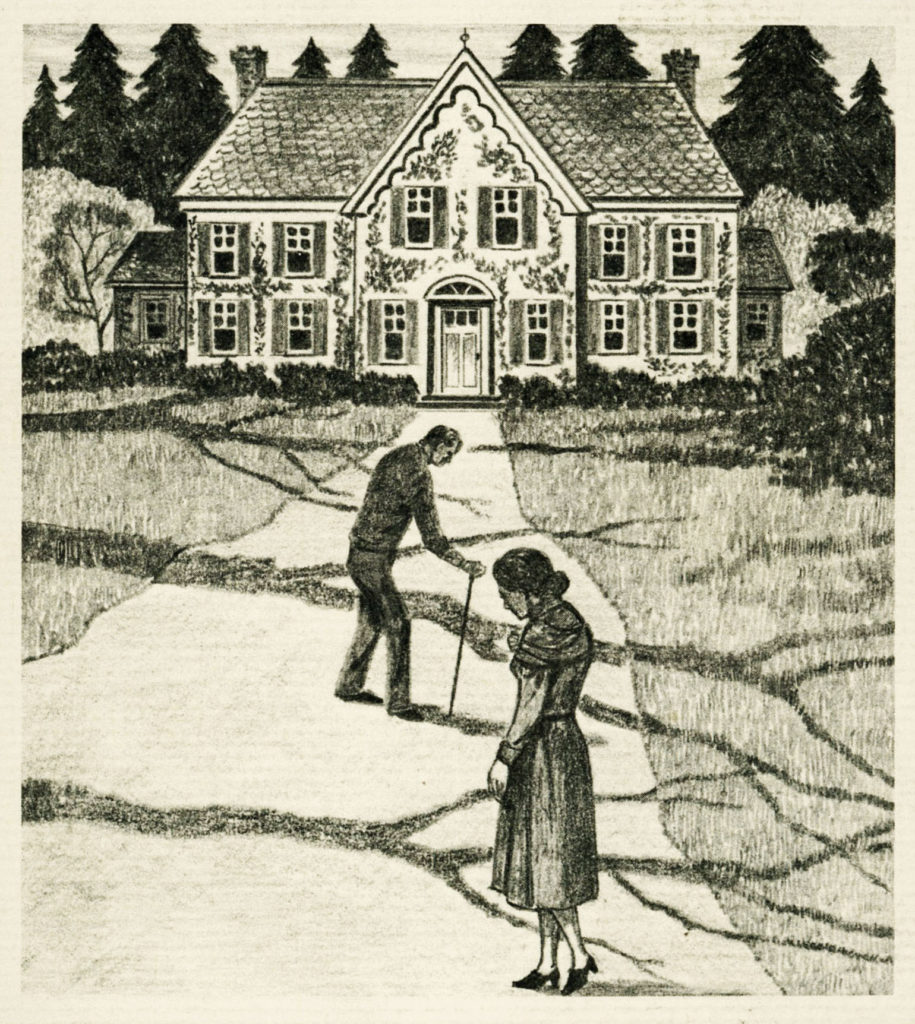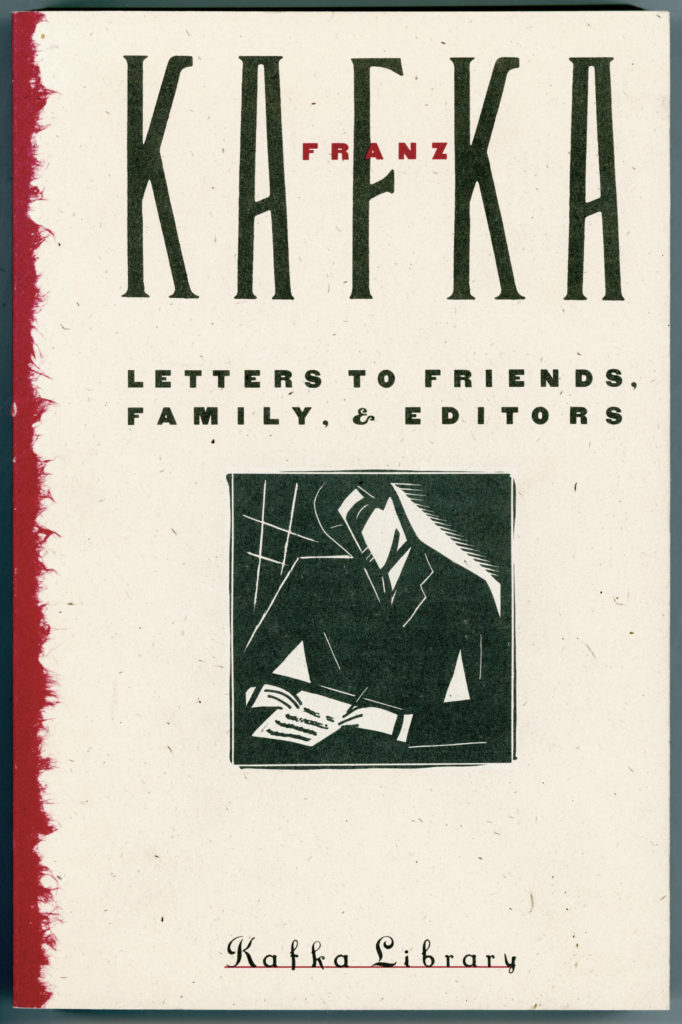Month: March 2017
The Retreat, by Aharon Appelfeld -1984 [Walter Brooks]

 “You’re sitting by youself,” Lotte said in surprise.
“You’re sitting by youself,” Lotte said in surprise.
“I can’t pull myself together.”
“It was a blow to us all,” said Lotte, in the way people say.
Lang bowed his head. The expression on his thin, tormented face was one of boyish earnestness.
Lotte said, “He was different from the rest of us.”
“He was a completely simple man. The final simplicity, I should say. He understood that without a drastic change we have no hope, we’re lost. And it all fell to pieces because the disciples rose against their mentor. Believe me, madam, much will still be said against his simplicity. How he tried to build a wall against the coming flood. His vision was appallingly simple. Isn’t simplicity one of the signs of greatness?”
– Aharon Appelfeld
The Age of Wonders, by Aharon Appelfeld – 1981 [Nancy Lawton]

 In the last year the writers did not come and his father spent many hours with the priest Mauber. Their conversations were long and exhausting and lasted until late at night. Mauber thought that the Jews should get out as quickly as they could and go to Palestine to make a new life for themselves there. His father, who had never been enthusiastic about the Zionist idea, rejected this program and argued that it was nothing but anti-Semitism in a new guise.
In the last year the writers did not come and his father spent many hours with the priest Mauber. Their conversations were long and exhausting and lasted until late at night. Mauber thought that the Jews should get out as quickly as they could and go to Palestine to make a new life for themselves there. His father, who had never been enthusiastic about the Zionist idea, rejected this program and argued that it was nothing but anti-Semitism in a new guise.
The priest Mauber insisted that he was talking about deep religious longings as well as historical necessity. The Jews, even against their will, would be the torchbearers. The elect. At these words his father would look as though he had tasted something repellent. But Mauber only repeated that the truth would yet be revealed. His face was full of fierce conviction, the conviction of a prophet of wrath.
The last conversation, the worst of them all, took place here too, on this hill. Everything around them was already infected with hatred, rejection, and renewed discrimination. Of course, no one knew yet where these things would lead. But the bitter smell was already everywhere. Mauber begged his father, ‘Why don’t you leave? Why don’t you emigrate to Palestine?’ The tone of his voice was both ardent and practical. And while the priest persuaded and coaxed, his father took off his hat and said, ‘I, for one, will not emigrate. I would rather be persecuted and disgraced than emigrate. I’ve done nothing wrong. I am an Austrian writer. No one will deny me this title.’
Mauber, shaken, bowed his head and said, ‘I cannot understand your obstinacy.’ All the way home, along Hapsburg Avenue, they did not speak a word to each other. His father’s hand did not stop shaking even when they got home. His mother served fish for supper and when she asked if the priest Mauber was willing to help them, his father said brutally: ‘I don’t live by his mouth.’
– Aharon Appelfeld
Badenheim 1939, by Aharon Appelfeld -1980 [Nancy Lawton]
Tzili, The Story of A Life, by Aharon Appelfeld – 1983 [Walter Brooks]

 One evening a few more Jewish survivors appeared, bringing a new commotion. And one of them, a youthful-looking man, spoke of the coming salvation. He spoke of the cleansing of sins, the purification of the soul. He spoke eloquently, in a pleasant voice. His appearance was not ravaged. Thin, but not horrifyingly thin. Some of them recognized him from the camp as a quiet young man, working and suffering in silence. They had never imagined that he had so much to say.
One evening a few more Jewish survivors appeared, bringing a new commotion. And one of them, a youthful-looking man, spoke of the coming salvation. He spoke of the cleansing of sins, the purification of the soul. He spoke eloquently, in a pleasant voice. His appearance was not ravaged. Thin, but not horrifyingly thin. Some of them recognized him from the camp as a quiet young man, working and suffering in silence. They had never imagined that he had so much to say.
Tzili liked the look of him and drew near to him to speak. He spoke patiently, imploringly, without raising his voice. As if he were speaking of things that were self-evident. And for a moment it seemed that he was not speaking, but singing.
The people were absorbed in their card game, and the young man’s eloquence disturbed them. At first they asked him to leave them alone and go somewhere else. The young man begged their pardon and said that he had only come to tell them what he himself had been told. And if what he had been told was true, he could not be silent.
It was obvious that he was a well brought-up young man. He spoke politely in a correct German Jewish, and wished no one any harm. But his apologies were to no avail. They ordered him to leave, or at any rate to shut up. The young man seemed about to depart, but something inside him, something compulsive, stopped him, and he stood his ground and went on talking. One of the card players, who had been losing and was in a bad mood, stood up and hit him.
To everyone’s surprise, the young man burst out crying.
It was more like wailing than crying. The whole night long he sat and wailed. Through his wailing the history of his life emerged. He was an architect. Like his father and forefathers, he was remote from Jewish affairs, busy trying to set up an independent studio. The war took him completely by surprise. In the camp something had happened to him. His workmate in the forced labor gang, something of a Jewish scholar although not a believer, had taught him a little Bible, Mishna, and the Sayings of the Fathers. After the war he had begun to hear voices, clear, unconfused voices, and one evening the cry had burst from his throat: “Jews repent, return to your Father in Heaven.”
From then on he never stopped talking, explaining, and calling on the Jews to repent. And when people refused to listen or hit him, he fell to the ground and wept.
The next day one of the card players found a way to get rid of him. He approached the young man and said to him in his own language, in a whisper: “Why waste your time on these stubborn Jews? Down below, not far from here, there are plenty of survivors, gentle people like you. They’re waiting for someone to come and show them the way. You’ll do it. You’re just the right person. Believe me.”
Strange, these words had an immediate effect. He rose to his feet and asked the way, and without another words he set out.
Tzili felt sorry for the young man who had been led astray. She covered her face with her hands. The others too seemed unhappy. They returned to their card playing as if it were not a game, but an urgent duty.
– Aharon Appelfeld
Cooper, by Hilary Masters – 1987 [Kingsley Parker]
 Only much later would he understand that she lived in constant fear of her own imagination,
Only much later would he understand that she lived in constant fear of her own imagination,
that her mind was sectioned into areas of frightening possibilities
through which she moved like a comic-strip heroine
sending up balloons of alarm and self-doubt.
Am I pretty?
Is he looking at me?
What does he want from me?
Are my poems dull?
Commonplace?
Anything?
– Hilary Masters





